I was very excited when I heard about the project, Community Arts Against Antibiotic Resistance in Nepal (CARAN). The project is about using participatory approaches particularly film making in the community to understand antibiotic resistance (ABR).. Blending film making in health research is a new concept in Nepal. I was speculating how the participatory filming and research, on such a crucial issue will go hand in hand, until I met project lead, Professor Paul Cooke of University of Leeds, UK. Paul has been practicing and encouraging the participatory film making approach to address various social issues, in different countries. He made the team pretty much clear on the concept of the project. During the meeting with team from University of Leeds at HERD International, my knowledge of film making and research started blending. After four days long couching session, I had a good understanding regarding film and research. Through this blog, I intend to share my experience. The first day of the meeting focused on the concept, introduction and objective of the project. Dr Rebecca King, Faculty of Medicine and Health, University of Leeds emphasized on the ethical aspects of the project and the importance of project in developing methodology. Likewise, Professor Paul Cooke linked film making with various aspects to the project and Ines-Soria Turner talked about many participatory approaches that we could use in this study to gather information Professor Pauldescribed that film making itself is not the campaign but how it can be used as research tool to explore issues. The two research sites were proposed according to their urban and semi urban nature. I had a very good understanding of the project.
In the second day, Professor Paul introduced film making equipment’s to the team. The team practiced video making and learned how to operate the sound equipment’s. Go-pros will be used along with the DSLR camera for operating videos whereas zoom H4 and pin microphone will be used for sound. Paul was very helpful and encouraged everyone to participate. Most of the equipment’s were familiar to me and for rest of the team. Paul helped me understanding the use of new tools.
In the third day, CARAN team visited one of the proposed study site, Chandragiri municipality in the outskirts of Kathmandu city. The team involved in interviewing the locals and practiced video making on site. They also visited the poultry farm located on the site and interviewed the farmers. In the field visit, personally I got to know the potential challenges for the upcoming field work of the project.
In the fourth day, the team discussed about the facilitators manual and timeline of the project. The team also discussed in detail and mocked the participatory approaches which included storytelling, hot seating and resource mapping to extract issues. The methods and practices were entirely new to me. However, I found that it was easy to understand and at the end of the day I became familiar to every issues. On that day, Paul also helped me on editing. He was surprised to see me use the older version of the editing software. He gave me some important tips on editing.
The four days meeting of the CARAN team was much helpful in building the base for the project. According to the timeline made, the duration of the project is 18 months. As discussed the methodology developed after the completion of the project will later be used in advocacy campaign. I personally take the project CARAN as a challenge as well as a good opportunity to learn and explore the knowledge on film making. I am very much excited and grateful to work with entire CARAN team and look forward to learn various aspects of filming, with Professor Paul Cooke .
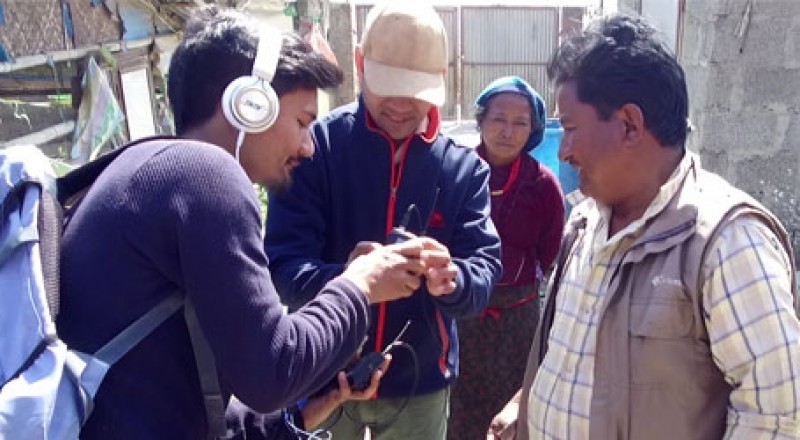
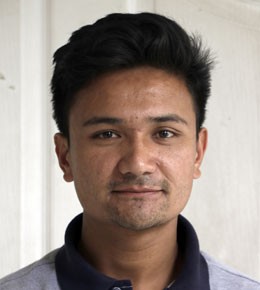
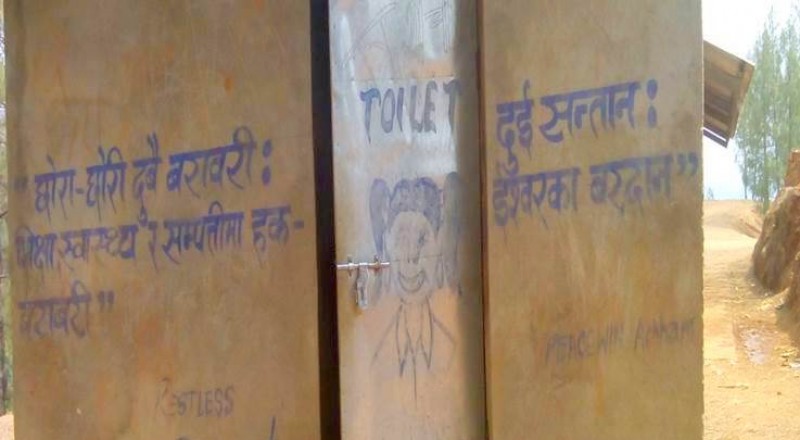

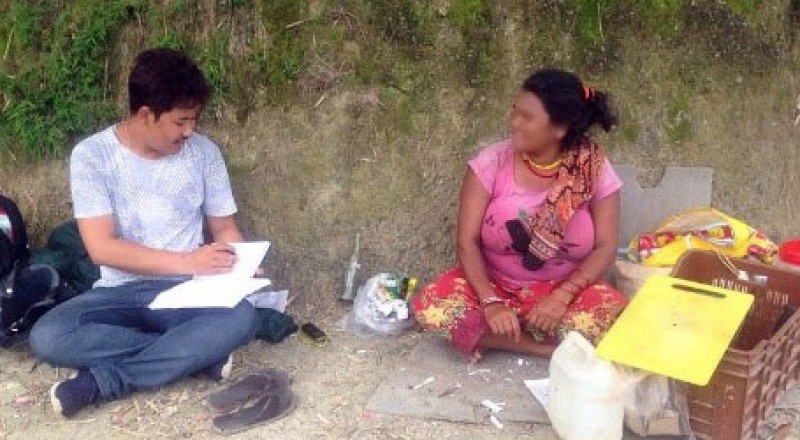
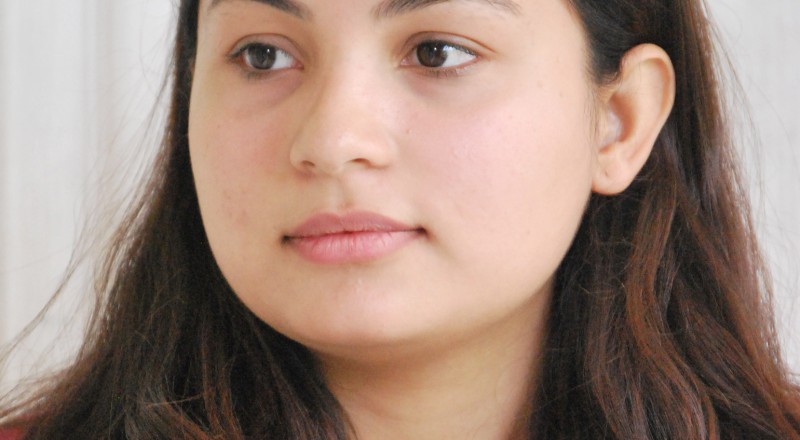
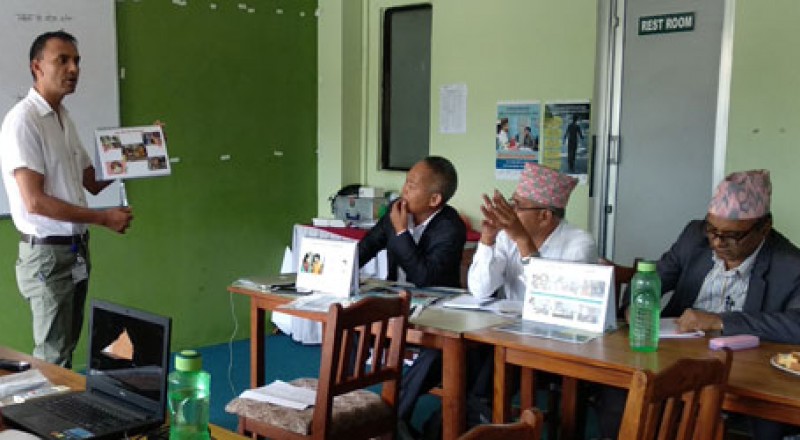
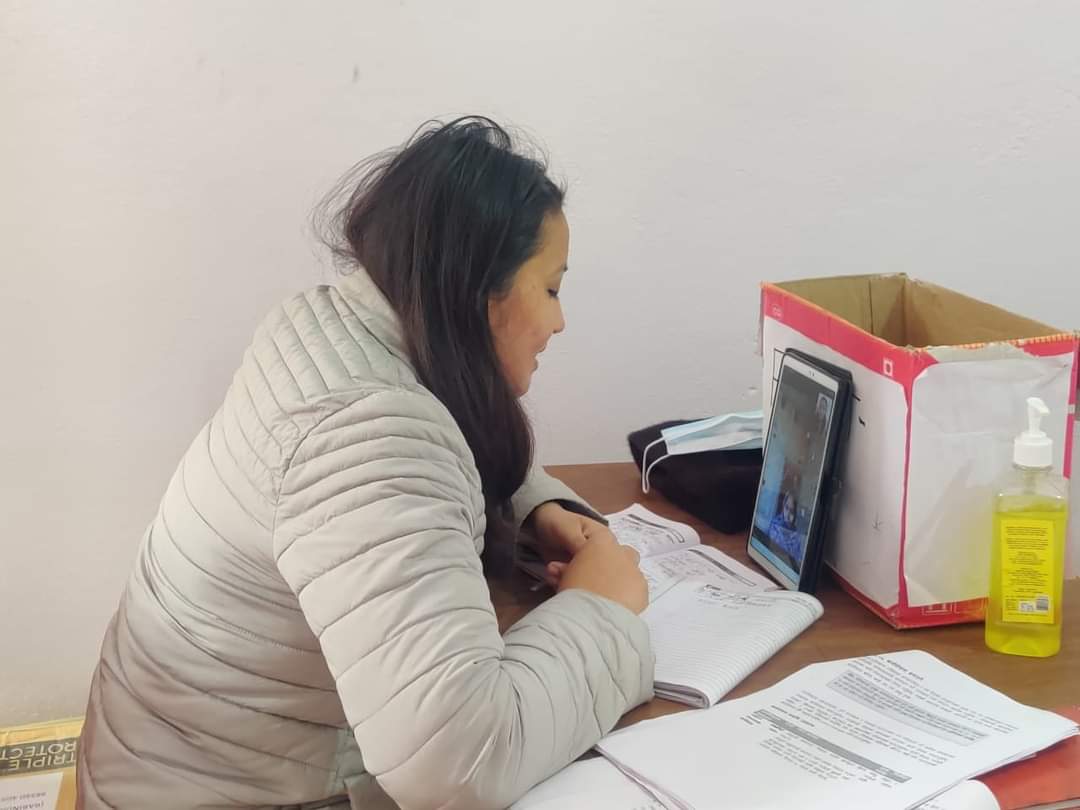

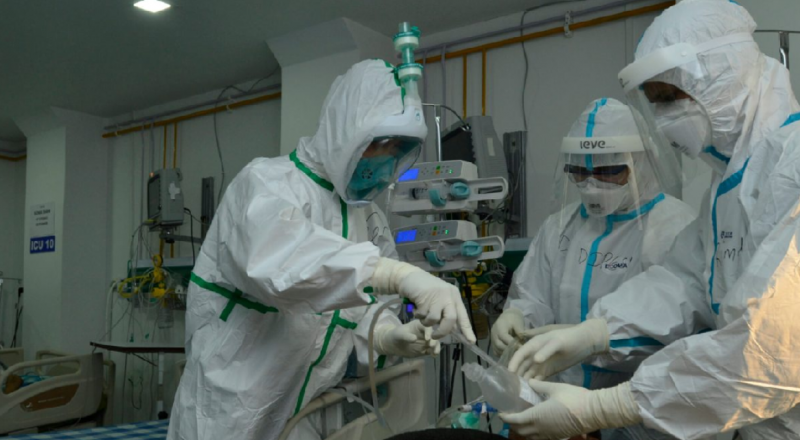


Comments (0)
No comments found.